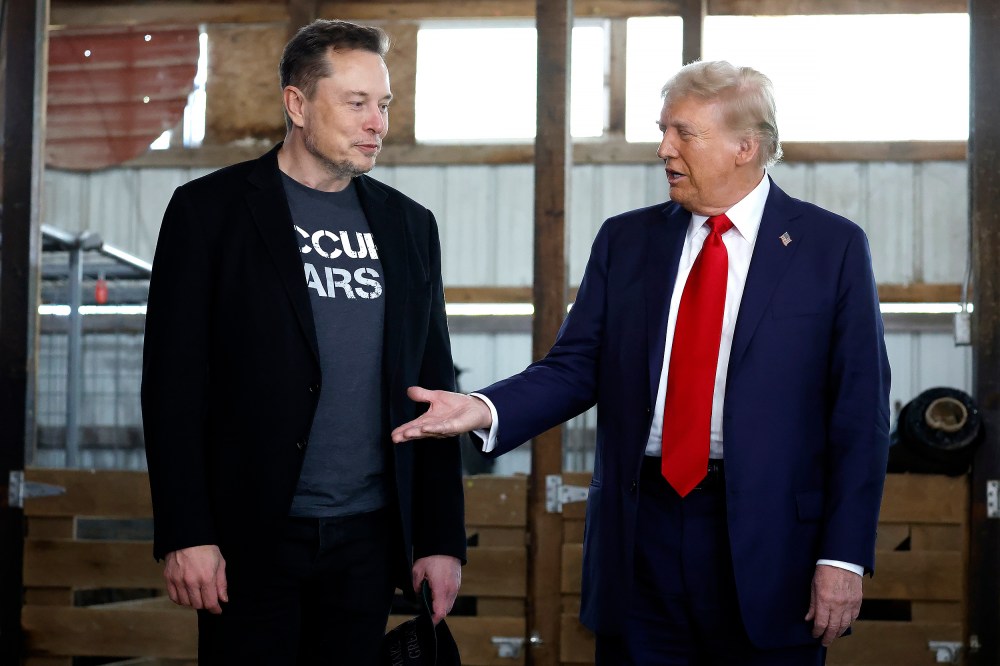In September 2024, Donald Trump delivered a new campaign pledge: If elected to a second term, the Republican said, he’d appoint Elon Musk to lead some kind of government “efficiency” panel.
To hear the then-candidate tell it, the endeavor was going to work miracles: The Musk-led commission, Trump boasted, would save taxpayers “trillions of dollars” and implement “an action plan to totally eliminate fraud and improper payments within six months.”
For a variety of reasons, none of this made any sense, but in early 2025, the Republican White House followed through and launched the Department of Government Efficiency, which generated immediate hype.
The quasi-governmental DOGE operation, however, didn’t quite reach its first birthday. Reuters reported:
U.S. President Donald Trump’s Department of Government Efficiency has disbanded with eight months left to its mandate, ending an initiative launched with fanfare as a symbol of Trump’s pledge to slash the government’s size but which critics say delivered few measurable savings. ‘That doesn’t exist,’ Office of Personnel Management Director Scott Kupor told Reuters earlier this month when asked about DOGE’s status.
According to the Reuters report, which has not been independently verified by MS NOW, Kupor went on to say that the department is no longer a “centralized entity.”
To be sure, the office had an impact. As The New Republic summarized, “DOGE’s legacy is both very stupid and very sad: It decimated the federal workforce, including Social Security personnel at local offices, and made it easier for hackers to access your data. The agency tore apart USAID, which resulted in hundreds of thousands of lives lost globally.”
Indeed, the damage DOGE did made people’s lives worse — both in the United States and abroad.
But as important as those truths are, it’s equally easy to conclude that the department represents a failed experiment in governing.














